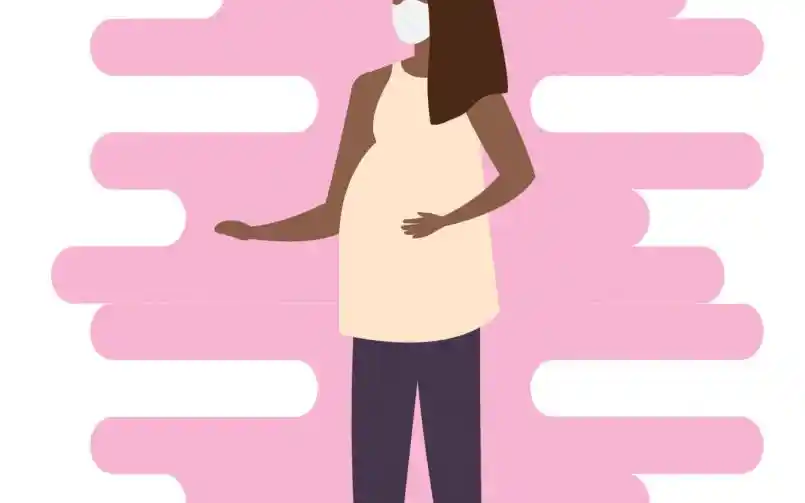The COVID-19 pandemic has everyone anxious and in fear. If you are pregnant, undoubtedly you have a lot of worries about whether coronavirus poses a threat to you and your baby. The answers are not crystal clear yet, due to the evolving nature of the disease.
Generally, pregnant women do not appear to be riskier than healthy adults to develop a more serious disease or any complications if affected by a coronavirus.
It is not yet known if pregnant women are more susceptible to be infected by COVID-19 when compared to the normal population. Despite this, pregnant women are advised to reduce social contact with social distancing. It is an established fact that in some women, pregnancy alters how the body fights some viral infections.
Mostly, they will only experience mild to moderate flu-like symptoms.
However ,If you are pregnant and your flu-like symptoms are getting worse, it could mean that your chest infection is getting more severe, and you may require hospitalization. If you develop more severe symptoms or your recovery is getting delayed.
There is no evidence to suggest an increased risk of miscarriage if exposed to COVID-19. There is also no evidence of vertical transmission, which refers to the ability of the virus to pass to your unborn baby during pregnancy.
Here are some actions you can take to prevent getting the disease during pregnancy and protecting your child:
§ Wash your hands frequently. Hand hygiene can really protect you from exposure to COVID-19. You may hear this over and over but with good reason.
§ Practice social distancing. Always maintain a distance of at least 2 meters or 6 feet from others when you are in a public place. Avoid contact with others as much as possible.
§ Get your flu vaccination on time. Though the flu vaccine does not protect you from exposure to COVID-19, it does make you less susceptible to influenza, which can cause complications during pregnancy.
§ Use a tissue when you cough or sneeze, throw the tissue in the dustbin. Wash your hands right after.
§ Do not ignore any respiratory symptoms. If you develop a cough or any respiratory distress, do not hesitate to call your doctor. After taking a detailed history, your gynaecologist will decide if you need to get tested for COVID-19.
§ As much as possible, consider online consultations instead of prenatal visits to your gynaecologist. Try to minimize or altogether avoid spending time in the doctor’s waiting room or in the hospital. However, some tests will require you to be there in people such as the ultrasound, blood tests, and fetal testing.
§ Work from home whenever possible.
§ Symptoms such as high fever with or without continuous cough may indicate a possible coronavirus infection. Avoid coming in close contact with anyone showing these symptoms.
§ Keep in touch via emails, messages or video chats. Consider taking up a new hobby or acquiring a new skill.
§ Do things that make you happy and put your mind at ease such as taking a long shower, meditating, or reading a book.
§ Exercise as per your doctor’s advice and regularly do your Kegels and squats as recommended.
§ Do not stress too much if your due date is nearing, as hospitals have a system in place for safe deliveries and to ensure minimal risk of exposure for newborns.
In case you are experiencing any complaints due to pregnancy or covid please get in touch with your gynaecologist at workhardt hospital.




